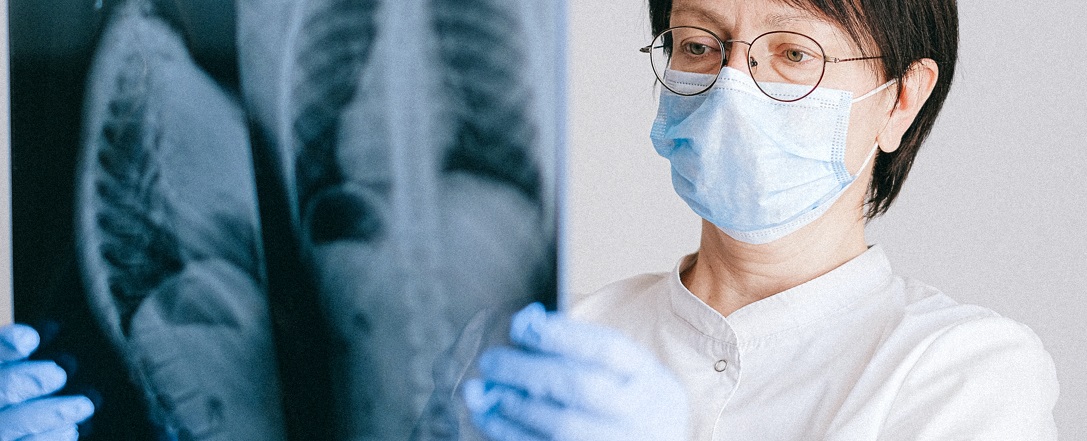
In the News
LA Times: Cancer registry funding cuts could jeopardize data and critical research
-
Focus Areas
Chronic Disease Prevention, Data, Technology & Innovation, Health Care & Population Health -
Issues
Cancer -
Expertise
Research – Quantitative, Research – Surveillance -
Programs
Cancer Registry of Greater California

Cancer researchers fear that shrinking funding for a program that tracks cancer cases across California could threaten its future.
The California Cancer Registry gathers information about cancer cases diagnosed in the state, providing crucial information for researchers. The data has helped detect rising cases of breast cancer among Japanese women who moved to the United States; link pesticides to brain tumors in children; and pinpoint racial disparities in cancer diagnosis and outcomes.
The program has relied in part on state tax revenue from cigarette sales under Proposition 99, a 1988 ballot measure that boosted taxes by 25 cents per pack. As that revenue has fallen, the cancer registry program is expected to see a budget decrease of $1.6 million, driven largely by the decline in tobacco sales, according to figures provided by the California Department of Finance.
State officials say the budgeted money that flows through the state for the program — including state funds and some federal money — is slated to decrease from roughly $12.2 million to $10.7 million.
As of Tuesday evening, Marsom said that program representatives had met with California Department of Public Health staff and were told that “they believe they will be able to find enough money to keep the regional cancer registries flat funded for the coming year,” although “there was not an absolute commitment.”
The timeline for budget changes is short, as lawmakers must send a completed spending plan to Gov. Gavin Newsom by June 15. Even if the state manages to keep funding flat for the program, Marsom argued that a longer-term solution is needed as tax revenues tied to cigarettes are expected to keep falling.
Read the full article below.

Without it, we’re just going to be blindfolded in our ability to push back against this disease,PHI Senior Vice President for Program and Public Policy, Matthew Marsom
Originally published by Los Angeles Times
More Updates
Work With Us
You change the world. We do the rest. Explore fiscal sponsorship at PHI.
Support Us
Together, we can accelerate our response to public health’s most critical issues.
Find Employment
Begin your career at the Public Health Institute.



